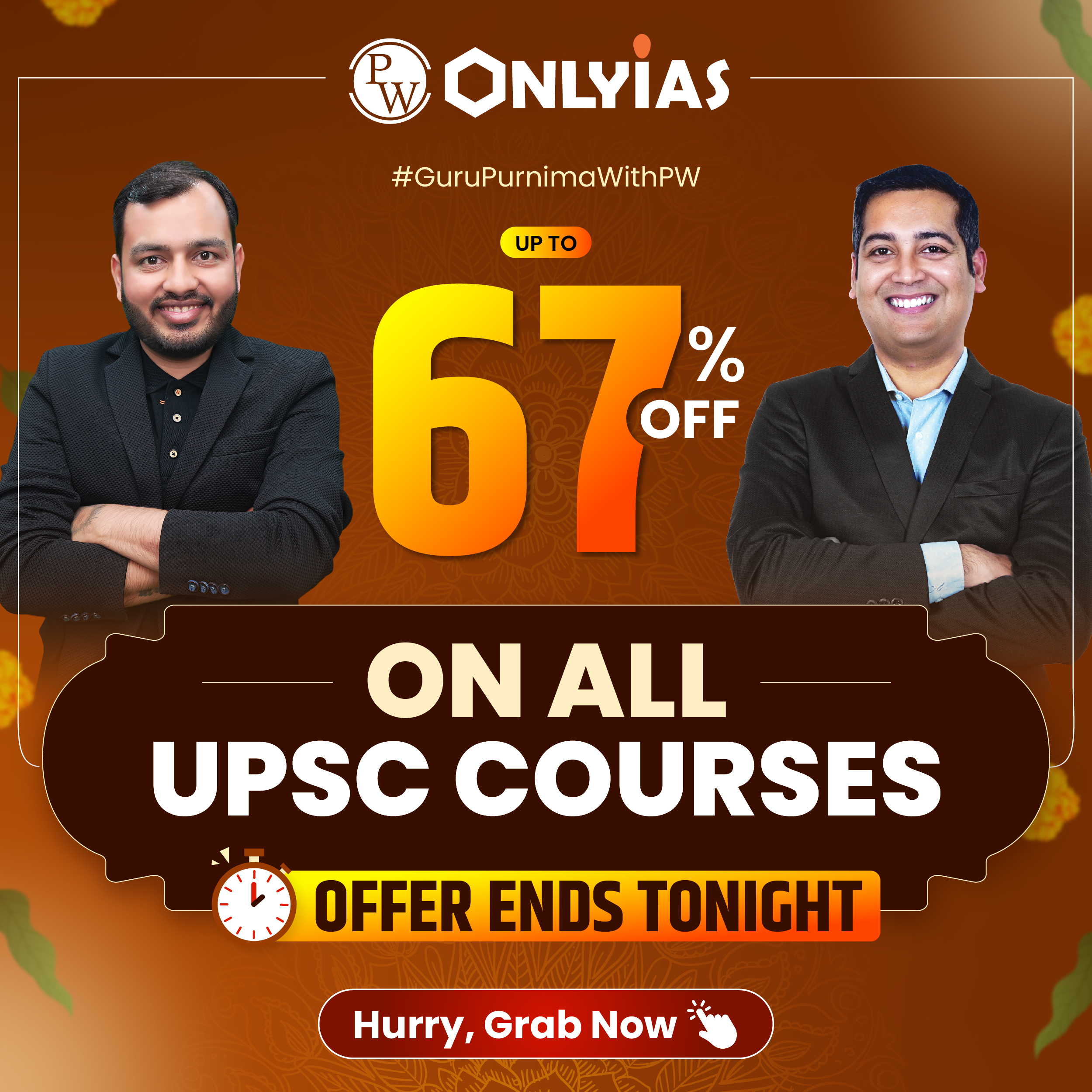Demand for Pakistan: Lahore Resolution, & Two-Nation Theory |
Demand for Pakistan’s Quest: From Lahore Resolution to Independence (1940-1947)
The demand for Pakistan was a political movement in British India that sought to establish a separate Muslim state. Muhammad Ali Jinnah, president of the All-India Muslim League, led the movement. The demand for Pakistan was first made in 1940 with the Lahore Resolution, and it was finally met in 1947 when British India was divided into two independent dominions, India and Pakistan.
Two-Nation Vision: Basis of Pakistan’s Quest for Independence
- The demand for Pakistan was founded on the two-nation theory, which held that Hindus and Muslims were two distinct nations with distinct cultures, religions, and ways of life. Jinnah contended that Muslims could not achieve full political and economic freedom in a Hindu-majority India and that they required their own separate state to thrive.
Demand for Pakistan Movement’s Rise: Muslim League’s Popularity and British Shift
- The Pakistan Movement gained traction in the 1940s as the Muslim League gained popularity among Indian Muslims. The movement was also aided by the fact that the British were becoming increasingly hesitant to rule over a united India and were willing to consider partition.
1947 Partition: India and Pakistan’s Birth Amid Chaos and Tragedy
- India’s partition was finally agreed upon in 1947. India and Pakistan were the two dominions of the British Indian Empire. The partition was a bloody and chaotic process that displaced millions of people and killed thousands.
Demand for Pakistan’s Birth: Drivers of Demand – Politics, Religion, and Identity
The demand for Pakistan by the Muslim League was driven by a combination of political, social, and religious factors. Here are some key reasons behind the demand for a separate Muslim state:
- Protection of Muslim Interests: Muslims in India were concerned about their political representation and safeguarding their interests in a Hindu-majority country. They felt that a separate state would ensure the protection of their political, social, and economic rights.
- Two-Nation Theory: The idea of a separate Muslim state was based on the Two-Nation Theory, which posited that Hindus and Muslims were distinct nations with separate identities, cultures, and interests. The Muslim League believed that Muslims needed a separate homeland to preserve their distinct identity.
- Fear of Hindu Domination: Some Muslims feared that in a united India, they would be marginalized and dominated by the Hindu majority. They believed that a separate state would provide a platform for Muslims to govern themselves and protect their religious and cultural values.
- Economic and Cultural Development: Some Muslim intellectuals and middle-class individuals believed that Muslims would have better opportunities for economic and cultural development in a separate state where they wouldn’t face competition from the Hindu majority.
- Religious Considerations: For certain religiously conservative Muslims, the demand for Pakistan was rooted in the belief that an Islamic state would provide a more suitable environment for practicing and promoting Islam.
- British Policies: The British colonial administration played a role in the demand for Pakistan. The Muslim League found support from the British bureaucracy, which favored separate electorates and saw the creation of Pakistan as a way to maintain control and divide the Indian nationalist movement.
These factors, along with political developments and growing communal tensions between Hindus and Muslims, led to the demand for a separate Muslim state, culminating in the passage of the Pakistan Resolution in 1940.
Conclusion
The demand for Pakistan in 1942 was the result of a number of factors, including the Lahore Resolution, political circumstances during World War II, Hindu-Muslim tensions, and the Muslim League’s quest for political dominance. It represented the Muslim League’s explicit commitment to the establishment of a separate state to protect Muslim interests. This demand ultimately paved the way for India’s partition in 1947 and the establishment of Pakistan as an independent nation.
| Must Read | |
| NCERT Notes For UPSC | UPSC Daily Current Affairs |
| UPSC Blogs | UPSC Daily Editorials |
| Daily Current Affairs Quiz | Daily Main Answer Writing |
| UPSC Mains Previous Year Papers | UPSC Test Series 2024 |































